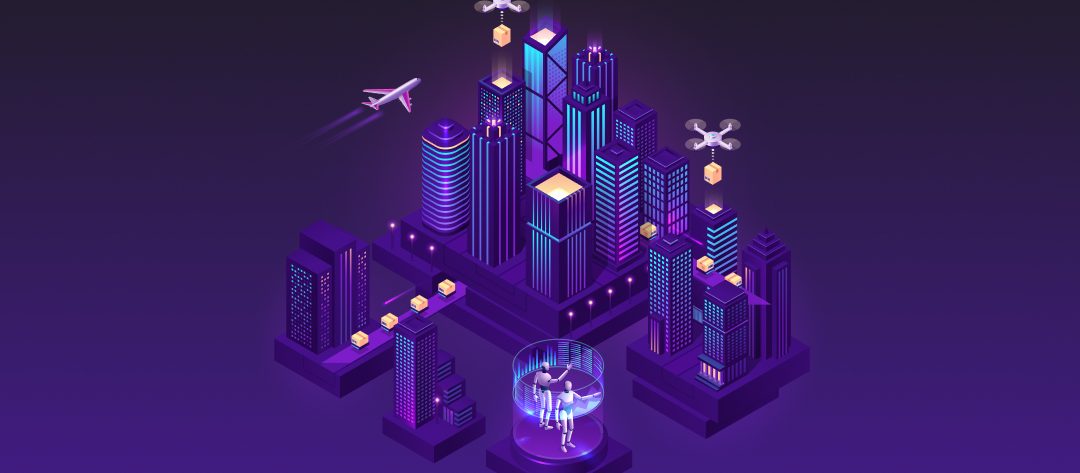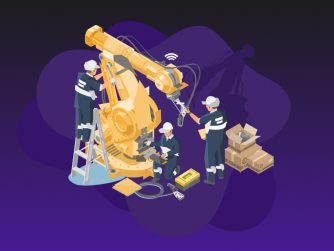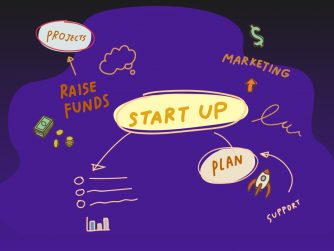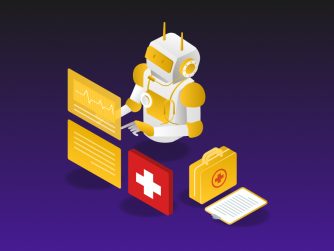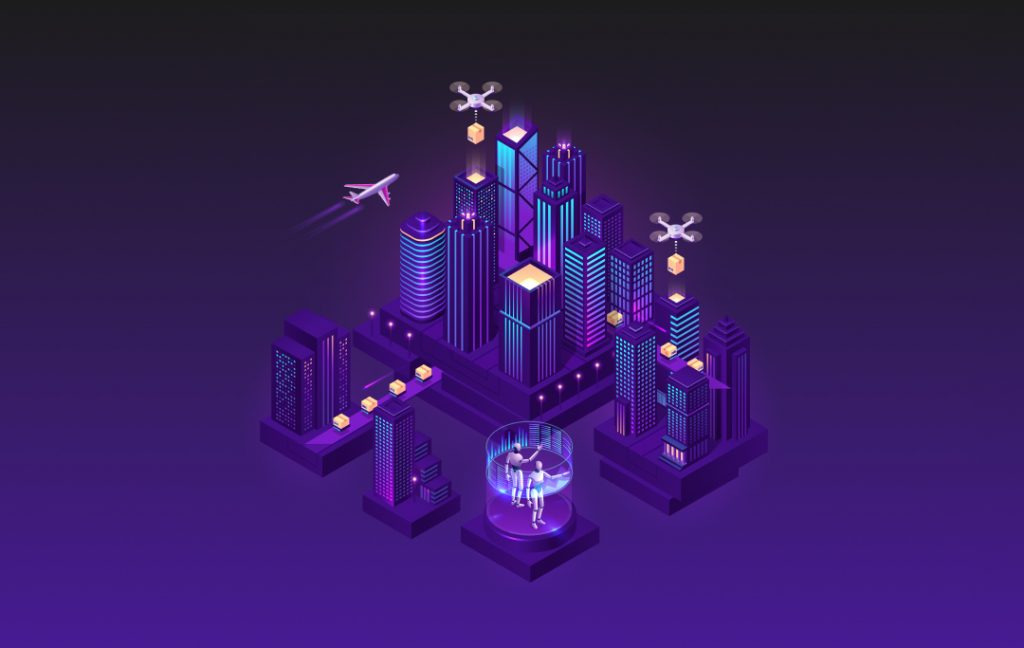
The Internet of Things (IoT) industry is one of the fastest-growing tech sectors. It is prominent among new-age technologies that assist us in overcoming challenges in various areas of life
It is helping numerous industries in making significant strides — agriculture, healthcare, hospitality, and more.
The scope of IoT applications is quite broad — from smart homes to efficient business solutions, from speeding up industrial operations to managing public works.
And because of its all-encompassing capabilities and benefits for users and businesses across industry segments, IoT is proving to be a game-changing technology.
Now, let’s look at some of the industries that have already been transformed by IoT.
1. Agriculture

Today, farmers are already improving the efficiency of their day-to-day work with sensors and farming drones.
New IoT-enabled practices, such as remote monitoring of crops, equipment, and livestock, as well as obtaining livestock and produce statistics, appear likely to play a role in assisting farmers in meeting the world’s food demands in the coming years.
John Deere pioneered IoT technology in agriculture by incorporating sensors into its equipment, allowing farmers to monitor the health of their tractors and identify opportunities for fuel savings. Data collected by these sensors is easily accessible via an online portal.
Semios, for example, is a product that can monitor and control pest populations by emitting pheromones that disrupt mating patterns.
2. Finance
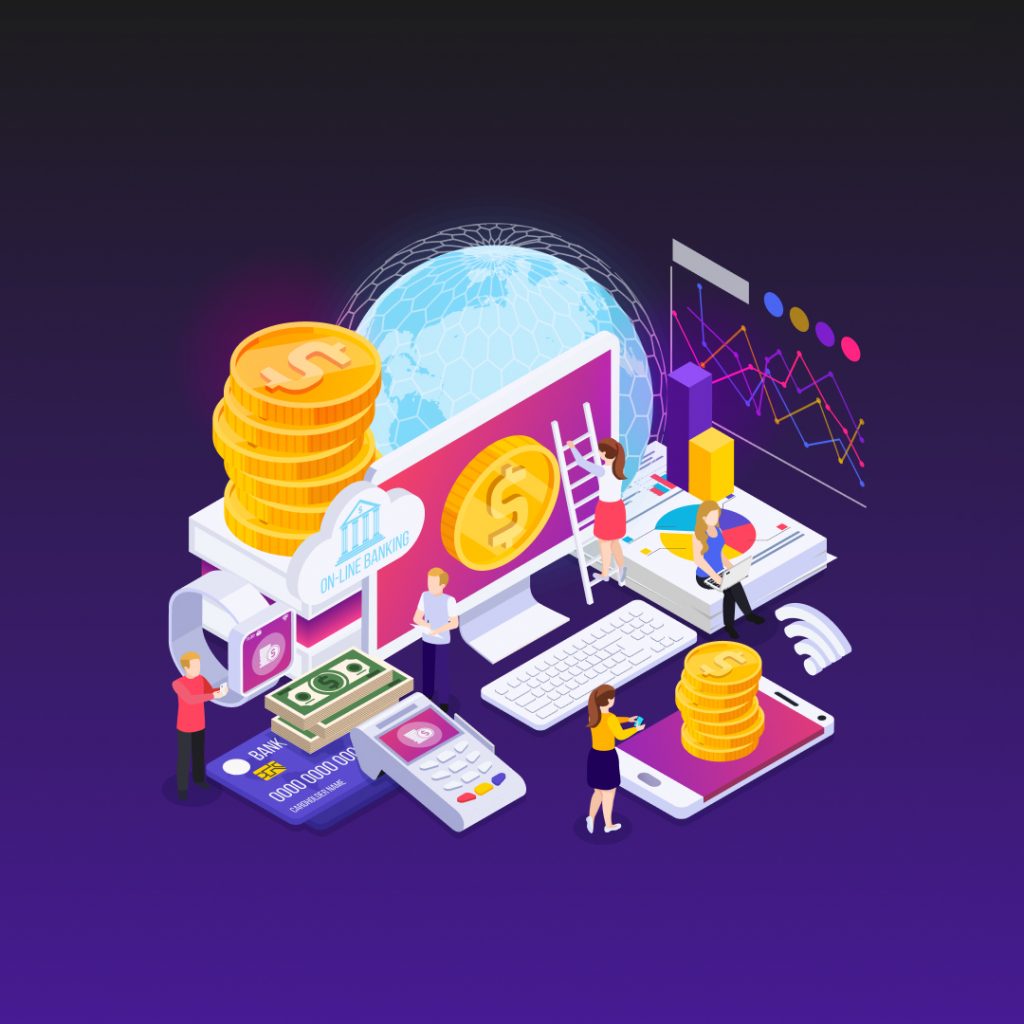
IoT software has allowed the finance industry to effectively assist consumers while also achieving the best commercial outcome.
Here are some of the primary advantages of IoT in Finance:
- Personalization in marketing – Banks can use IoT to track all customer activities and offer products based on their preferences.
- Customer service management – IoT assists banks in understanding their economic situation and providing customers with the services they require, ensuring a healthy relationship.
- Cybersecurity – IoT technology protects customers’ financial information.
- Services that are proactive – IoT devices can detect any service fault and alert a bank to the problem before it becomes too severe.
3. Transportation and Logistics

The need for IoT in the logistics and transportation sector is growing.
People are migrating from rural to urban areas at an increasing rate. Therefore, more machinery is required to assist in easing the growing load on city infrastructure.
People also spend more time at home and shop online more frequently. It significantly alters intercity trucking, the method by which goods are delivered, and places an additional burden on the city’s infrastructure at the expense of delivery services.
In addition, the largest problems facing transportation and logistics companies today revolve around visibility, agility, and sustainability. Although many people have previously used technology to collect data, it is still difficult to use that data to guide decisions and affect change.
IoT ensures cost savings, reduced emissions, more efficient travel, improved vehicles, increased safety, and more strategic traffic management.
United Parcel Service, for example, saves millions of dollars each year with its On-Road Integrated Optimization and Navigation (ORION) system, which identifies the most fuel-efficient and shortest routes, allowing it to save an estimated 1.5 million gallons of fuel over 10.000 courses.
4. Manufacturing
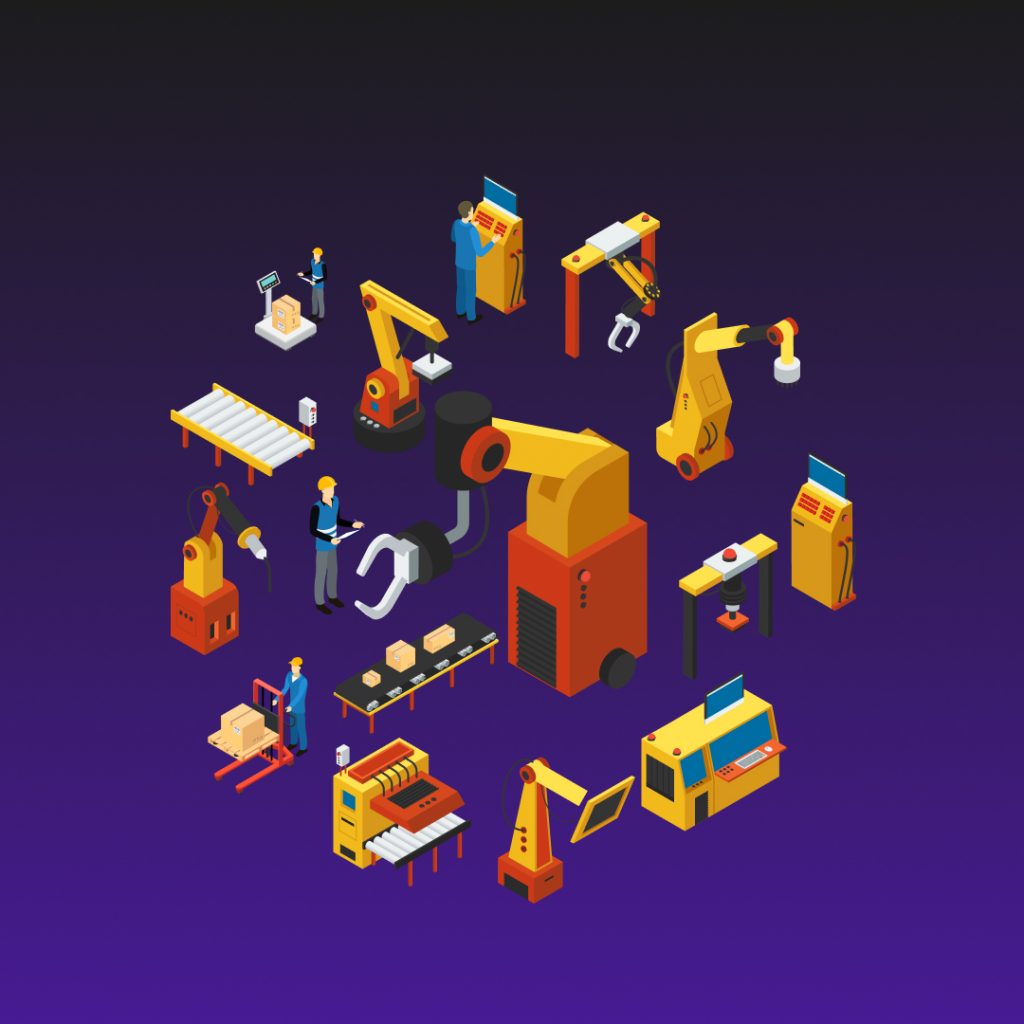
For manufacturers, IoT technologies are game changers.
Here are the reasons why:
- Asset management – You can track products throughout the supply chain and alert stakeholders to any concerns or potential damage to the goods.
- Facility administration – Sensors and tools connected to IoT can examine conditions such as humidity, temperature, and vibrations. They can easily detect and alert you to conditions that may have a negative impact on operations.
- Improved machine utilization – IoT connects machines to the internet, providing visibility into machine lifelines and KPIs. This data is extremely useful in determining the root causes of unplanned downtime.
- Predictive maintenance – Real-time data from interconnected IoT devices helps in the prediction of defects in tools and machinery. This saves time and increases overall productivity. Not to mention the savings in process time, scrap, and rework.
- Connecting remote assets – By connecting tools and devices, data from various remote assets is easily accessible from a single central location. These assets can be examined and monitored, giving you greater control.
- Process and behavior monitoring – In the business world, managers can use IoT data to gain insight into their employees’ performance.
5. Healthcare

IoT applications in healthcare reduce the industry’s reliance on people and make it more patient-centered.
IoT devices can provide significant benefits to healthcare organizations, including:
- Cost cutting – Therapists can control patients remotely by using IoT and connected medical devices. Effective data collection and management reduces unnecessary visits to therapists, hospital admissions, and readmissions.
- Reducing waste and failures – The use of IoT for work automation and data collection is an excellent way to reduce waste such as unnecessary tests and expensive imaging, as well as system costs and errors.
- Better management – IoT devices free up therapists’ time spent preventing hospital infections, tracking supplies, and looking for drugs.
6. Analytics and Cloud Computing
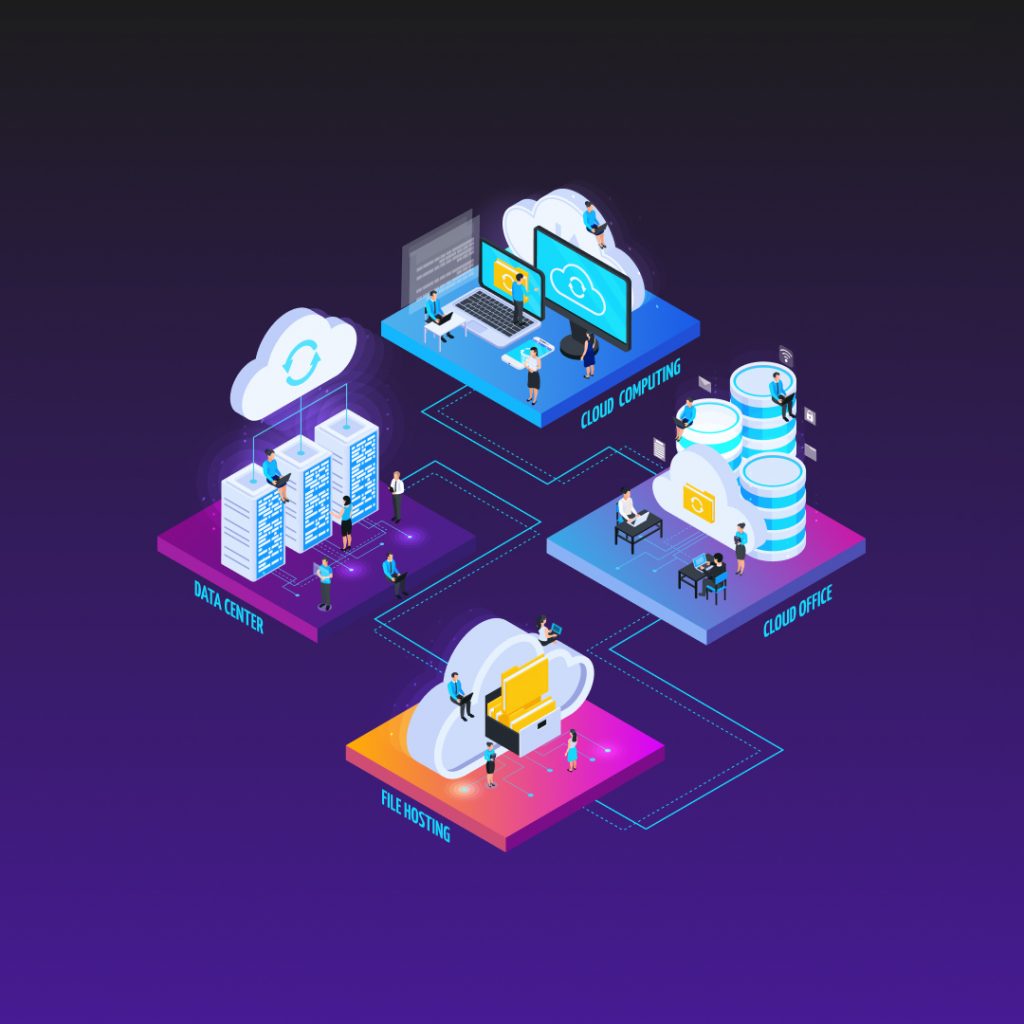
Every industry that implements IoT technology will require remote storage, management, and analysis of large amounts of frequently sensitive data.
This necessitates the establishment of a new segment to service the others: analytics and cloud computing.
Cloud computing services help in the conversion of billions of IoT data points into actionable information. They also contribute to the resolution of major security issues by ensuring data security during transit and storage.
IoT technology generates a large number of discrete data points, which are generated by sensors or other devices.
This data is meaningless unless it can be accessed and organized in a meaningful manner. Secure remote storage and intuitive presentation have emerged as their own market segment.
7. Smart Buildings
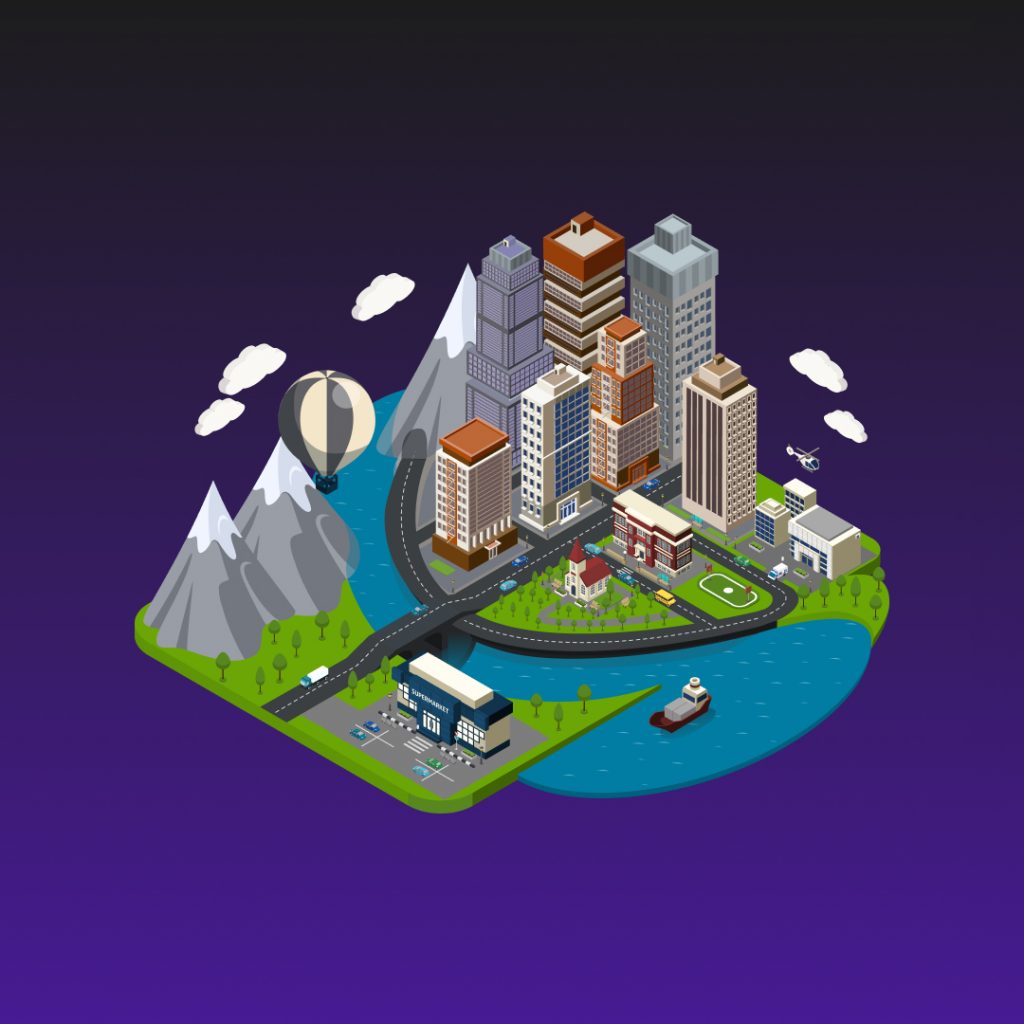
IoT is already influencing the construction and commercial real estate industries.
IoT applications will help building developers increase their margins by enabling more efficient building operations, improved tenant relationships, and new revenue generation opportunities. Smart buildings will provide unprecedented energy and cost savings while also increasing occupant comfort.
Smart buildings, in addition to lowering costs, have the potential to significantly improve physical security.
Organizations can now protect their offices in real-time by incorporating IoT-connected facial-recognition cameras, taking into account risk factors and the long-term costs / reputational damage that could be involved in a potential security breach.
8. Retail
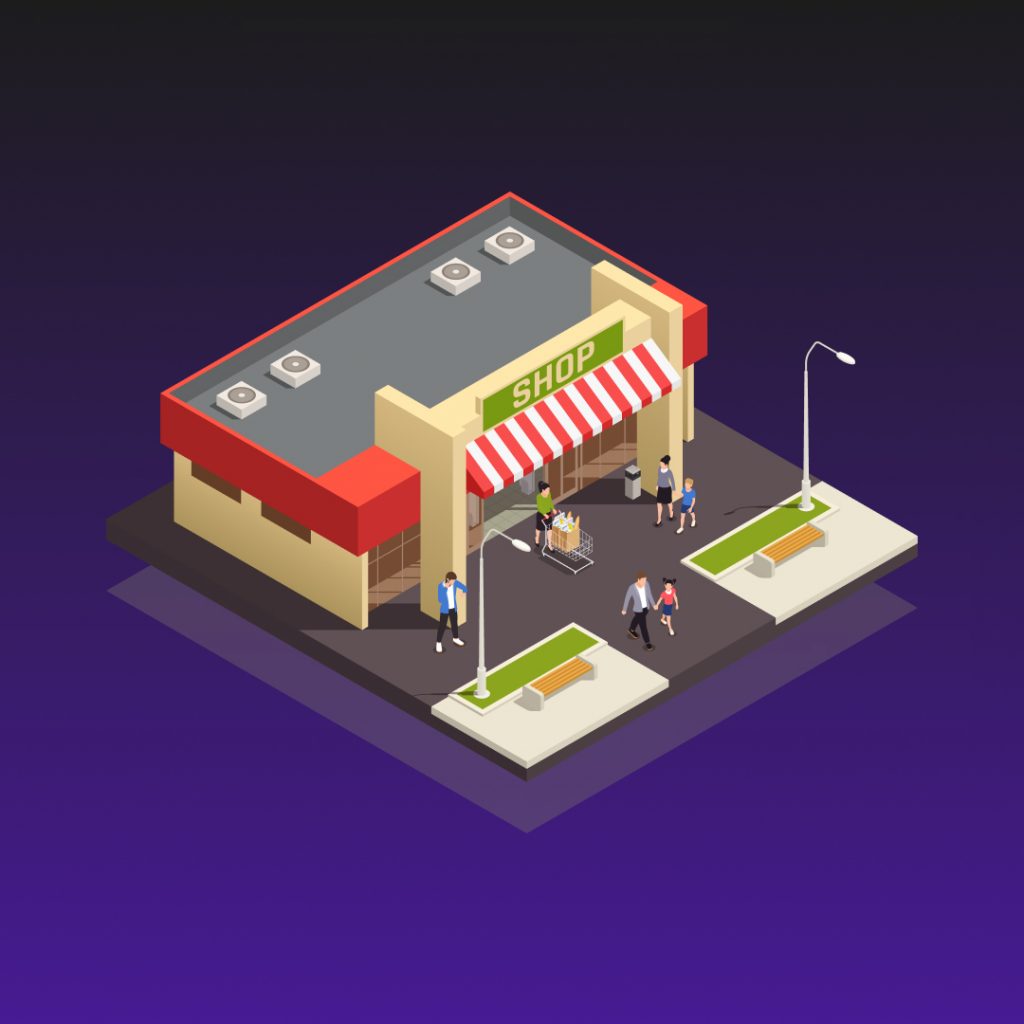
The retail world is about to change because of IoT, with physical shopping and e-commerce increasingly merging.
Consumers will soon be able to try on hundreds of different outfits using augmented and virtual reality headsets, potentially accessing much larger catalogs with an experience similar to that of actual shopping.
And it isn’t just fashion that will evolve. As the IoT revolutionizes farming and food consumption, supermarkets’ retail strategies are set to change dramatically. As new collaborative farming technologies combine with the connected supply chains enabled by IoT, supermarkets will have an abundance of low-cost products that can be produced only when consumers demand them.
This will not only help to reduce food waste but will also save supermarkets money on wasted products and overstocking of perishable goods.
To sum it up!
The examples in this list demonstrate that IoT is assisting numerous industries in making significant strides, even if they aren’t the ones most people associate with the technology.
Implementing IoT technology could propel your company to the forefront of its industry. IoT encompasses nearly all of a digitized world’s challenges, opportunities, and transformational impact.
As our tools become more connected, each producing, sharing, and responding to data, the efficiency gains are enormous, and so are the threats to security and privacy. And as the industry matures, it will have an impact on the entire economy, necessitating the development of new institutions and practices to meet the industry’s unique challenges.
Are you looking to benefit from all the IoT applications? Get in touch with us for a FREE consultation today and we will explain how we can help you.

